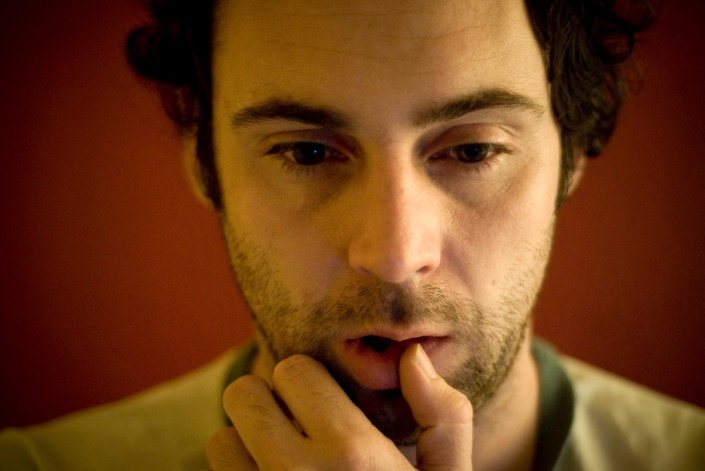gut instinct
Why you should trust your gut (and why you shouldn’t)
[Photo by Paul Bence. Some rights reserved. https://flic.kr/p/qzJZJ%5D
The idea of ‘gut instinct’ or intuition is not something I’ve felt that comfortable with. To be guided by the gut smacks of laziness: don’t get into the detail, don’t overthink, just trust that your intuition knows the right way to go. This way we get to skip the hard stuff, gloss over complexity, and just get on with things.
(Apparently one of Donald Trump’s cardinal rules is to: “listen to your gut, no matter how good things look on paper.” The fact that Trump’s ‘gut’ is telling him to build a wall between the USA and Mexico does not exactly help the case for intuition for me).
And then there are the mystics – the ones who suggest that ‘intuition’ is merely our Divine wisdom, a psychic ability we all possess. We need only tap into it to achieve all we desire. Do a quick search in Amazon for books about intuition, and you’ll see what I mean. In this world, intuition is a form of magical thinking, innate in all of us if we’d only open ourselves up to its truth.
And yet… how often do we find that our intuition appears to steer us right? What about those times when your gut tells you that there is a disconnect between what someone is saying and what the truth is? Or that moment when you know that even though all the rational evidence says you need to say yes to that promotion, that new client, that new job, something inside you is saying no.
If you wade past the hyperbole, you’ll find psychological research that shows how intuition very much exists and is critical to our ability to make decisions. Gary Klein is a research psychologist and author of The Power of Intuition, and Intuition at Work. He defines intuition as “the way we translate our experience into action.” Yes, we all have those good hunches that appear to come from nowhere, but they only appear that way; we’re just not “aware of the associations and connections that came from these hunches” (The Power of Intuition, 4).
When we’re listening to our guts, far from tapping into some sort of psychic wisdom, we are in fact noticing subtle cues without even realising it. Our intuition is based on very “large repertoires of patterns acquired over years and years of practice” (7). There’s nothing innate about it.
Klein says that when we don’t trust our intuition, and rely on analysis – i.e. gathering all the facts, weighing all the evidence, so we can feel certain in a decision – we are likely to be far less effective decision-makers, and suffer instead from “paralysis through analysis.”
For Klein, intuition isn’t a bias that needs to be suppressed and replaced by rational analysis. But at the same time, this doesn’t mean we should throw out analysis and go with our guts – this way impulsive and likely disastrous decisions and outcomes lie. Instead, intuition needs to be balanced with rational analysis.
The key term here being ‘balance.’ One major risk, if we start to romanticise intuition, is that we use analysis to merely back up what our guts are ‘telling us.”
And while intuition can be an invaluable data point, it is also where our ingrained, unconscious biases live.
As Daniel Kahneman explains in Thinking Fast and Slow, we are led by the biases of our intuition far, far more than we might like to think. Even when we believe we are being at our most analytical and rational, we are often instead going on our guts – or working via what he refers to as System 1 of the mind, not System 2.
(System 1 “operates automatically and quickly, with little or no effort and no sense of voluntary control” while System 2 “allocates attention to the effortful mental activities that demand it…” 20-12).
It’s this System 1 that desires clean, neat answers. It is “not prone to doubt. It suppresses ambiguity and spontaneously constructs stories that are as coherent as possible.” Our intuition, then, is a “machine for jumping to conclusions” (114).
And so we are right to be cynical about intuition, but not because it doesn’t exist, but because it very much does. It exists not in the form of some sort of innate wisdom that steers us to the Truth, but in the form of all our experiences that unconsciously shape how we think and who we are. Those experiences can serve us well, but they are also where our prejudices are made.
In other words, listen to your gut, but don’t blindly trust it.
